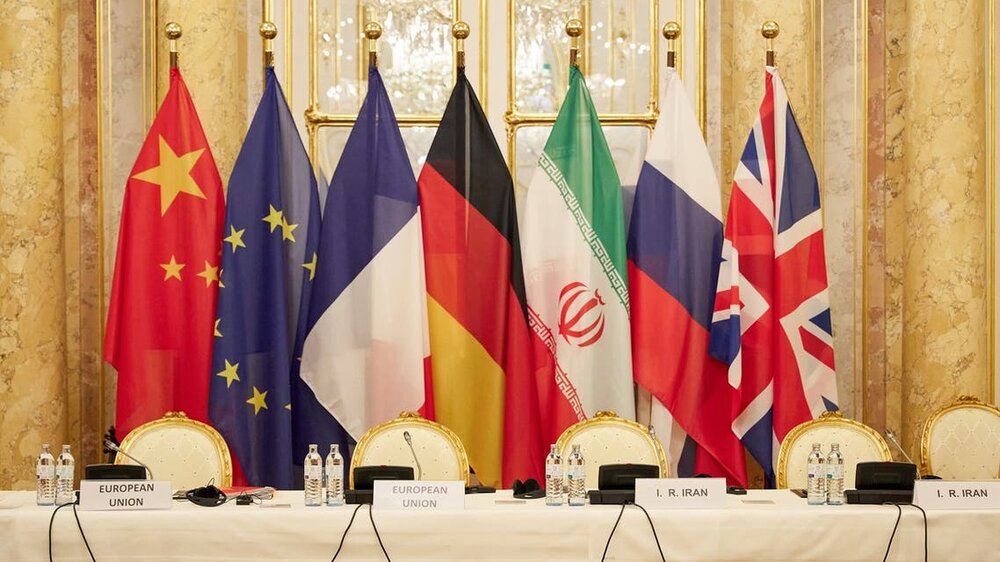Persian Gulf Arabs that first opposed nuclear deal now encourage Biden to revive it: senator

TEHRAN – Democratic Senator Chris Murphy said on Saturday that certain Arab countries on the southern shores of the Persian Gulf which first vehemently opposed President Barack Obama for striking nuclear deal with Iran in 2015 are now supporting President Joe Biden to revive the agreement that was ditched by his predecessor Donald Trump.
Saudi Arabia and the United Arab Emirates were seriously opposed to the nuclear deal. The rulers in Riyadh cheered when Trump quit the agreement.
Murphy said the reason for this policy shift is that these countries realized that the nuclear deal, officially called the Joint Comprehensive Plan of Action (JCPOA), was working well.
And when Trump abandoned the nuclear agreement Iran retaliated by speeding up its nuclear activities, he added.
“Gulf countries hated Obama's Iran nuclear deal. Now they are rooting for Biden to restart it. Why? 1. They saw that it worked. To their surprise, Iran made good on its end,” Murphy tweeted.
Trump quit the agreement in May 2018 under his “maximum pressure” campaign against Iran and returned sanctions lifted under the JCPOA. Trump even added new sanctions under different names. Trump had the illusion that by quitting the agreement he will force Iran to write a nuclear agreement in which Tehran would be deprived its right to nuclear enrichment.
Iran remained fully loyal to the JCPOA even one year after Trump left the agreement. Iran’s commitment to its nuclear obligations was confirmed in quarterly reports by the International Atomic Energy Agency, which was tasked to monitor Iran’s commitment to the agreement.
Iran started to lift bans on its nuclear program after the European parties to the agreement (France, Britain, and Germany) failed to compensate Iran for the U.S. sanctions. At the time Iran announced that if the Europeans honor their commitments, it will reverse its decision.
